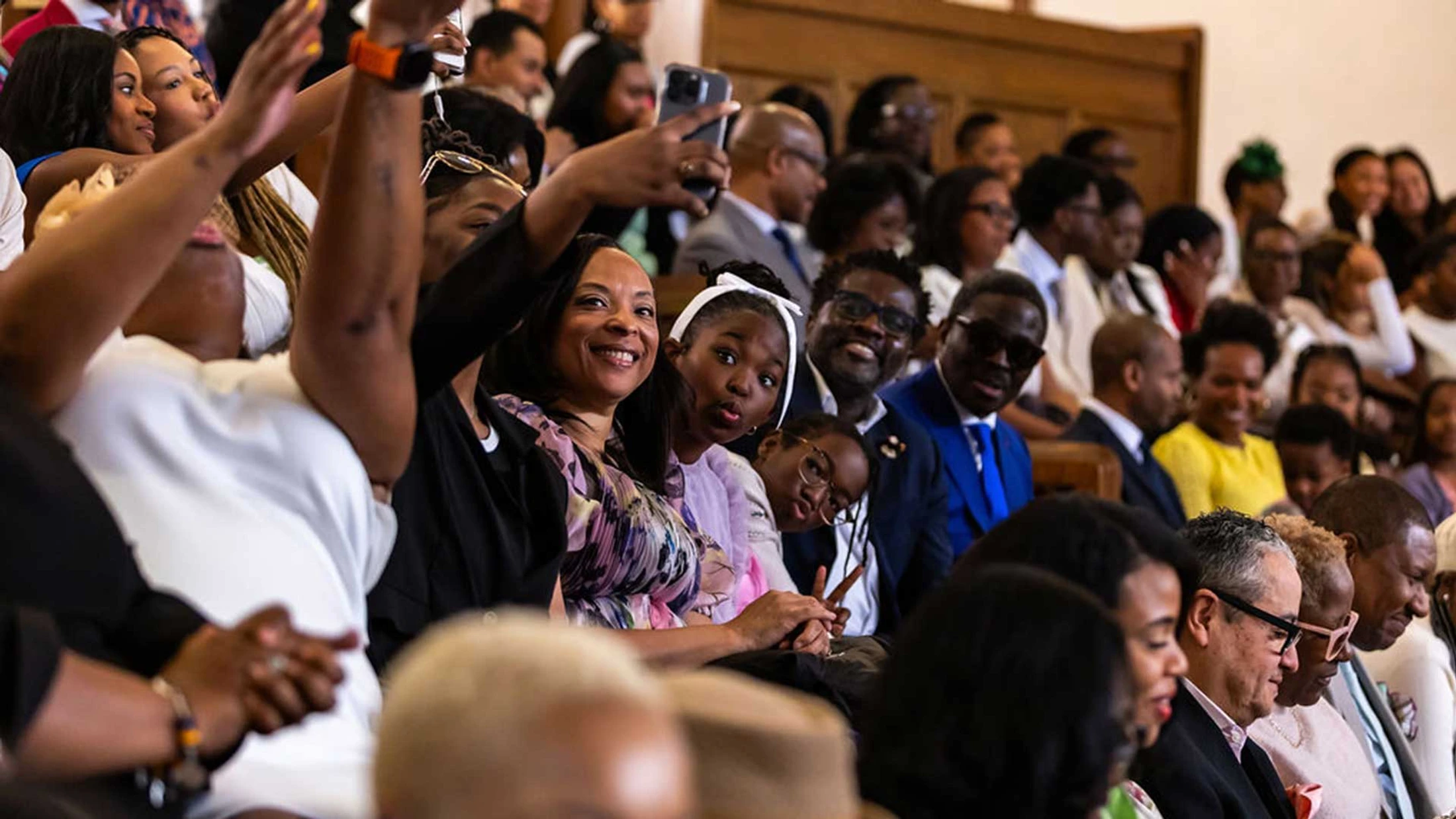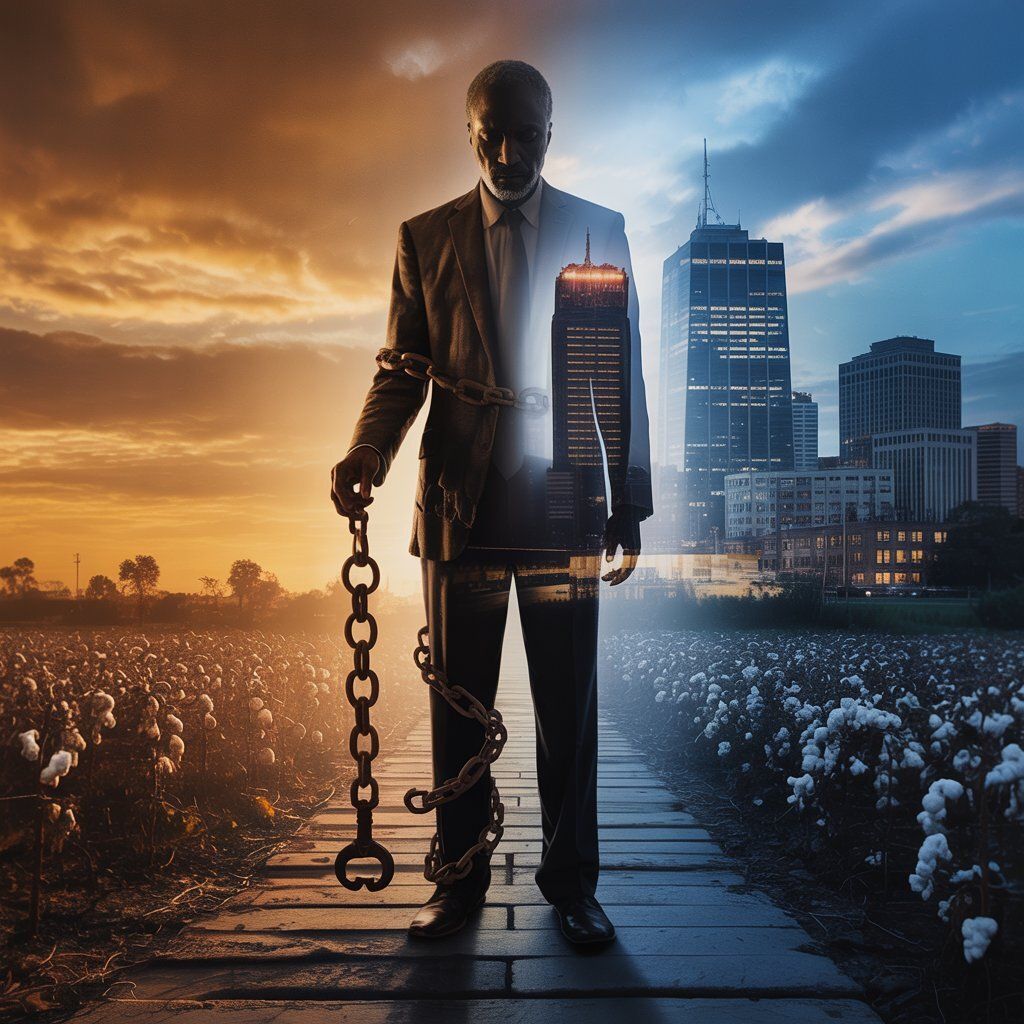- BlackVoter.Org
- Posts
- BlackVoter.Org
BlackVoter.Org


In "The Eternal Social Justice Summer," Richard D. Kahlenberg discusses Thomas Chatterton Williams's provocative new book, Summer of Our Discontent, which shines a critical light on the left's excesses and their impact on American politics.
As Democrats grapple with why many voters seem more offended by left-wing actions than by the tumultuous right, Williams argues that the party's fixation on identity politics and progressive activism has alienated the working class. He highlights how the well-meaning goals behind movements like Black Lives Matter have been overshadowed by illiberal attitudes, exacerbating cultural divides and contributing to the electoral rise of figures like Trump.
With a compelling mix of critique and context, Williams's work beckons Democrats to redefine their approach, emphasizing race-neutral policies that address broader economic struggles. Kahlenberg suggests that to regain voter trust, Democrats must learn from these stark lessons and pivot towards inclusivity over exclusivity.

Welcome to the Abyssinian Baptist Church, a historic pillar of faith in Harlem since 1808! Here, you're invited to come as you are—bringing your unique story and questions to a vibrant community that's alive with love and hope. Every Sunday at 10:00 AM, join us for worship, or tune in online to experience our joyful services.
Our mission is clear: to lead all people to Christ through love, service, and transformative community efforts. Whether you're new to faith or seeking a fresh start, there's a special place for you among us—a family united in purpose.
Dive into our ministries, serve alongside us, or engage with our children's program, Aby Kidz, and discover the difference you can make.
/
/


During a lively "Celebration of Journalism" at the Cap Times Idea Fest, esteemed journalist Eugene Robinson candidly discussed his departure from The Washington Post after 45 impactful years. Reflecting on recent changes under Jeff Bezos, including the controversial decision not to endorse a presidential candidate close to the election, Robinson expressed a deep sense of disillusionment with the current state of media and politics.
Amidst the serious tones, he and fellow journalist David Maraniss also addressed the tragic death of conservative commentator Charlie Kirk, emphasizing the urgent need to address political violence. In a hopeful twist, Robinson shared insights about his upcoming book, exploring pivotal moments throughout history where the rights of African Americans surged only to be retracted.
This engaging discussion highlighted both the challenges and triumphs within journalism, encapsulating a bittersweet yet hopeful view of the craft's future.

In the landmark case Louisiana v. Callais, the U.
S. Supreme Court is set to address the constitutionality of Louisiana’s congressional map, which aims to ensure fair representation for Black voters.
With the 2024 elections looming, this case highlights the tension between the Voting Rights Act (VRA) and constitutional protections under the 14th and 15th Amendments. After years of litigation spurred by concerns over discriminatory redistricting, Louisiana has drawn a map featuring two majority-Black districts in response to mandated changes from prior court rulings.
However, a group of non-Black voters is challenging this new map as a racial gerrymander. The Court's decision will not only impact Louisiana's political landscape but could also reshape voting rights law across the nation, reinforcing the ongoing struggle for equitable representation.
With oral arguments scheduled for March and a subsequent reargument in October 2025, the stakes couldn’t be higher for the future of American democracy.

In the wake of conservative commentator Charlie Kirk's death, several Historically Black Colleges and Universities (HBCUs) faced bomb threats, igniting a crucial discussion about the complexities of racial grief and the implications of indifference within a racially charged society. The article by Edmond W.
Davis highlights how the refusal of many Black students to mourn Kirk—who had openly mocked their culture—led to violent backlash, revealing the underlying dynamics of white supremacy that demand emotional compliance. HBCUs, vital sanctuaries for diverse communities and a breeding ground for excellence, are portrayed not just as educational institutions but as symbols of resilience against systemic oppression.
The threats against these campuses are framed as an attempt to enforce emotional conformity, showcasing how the struggle against white supremacy encompasses not only laws but also the emotional narratives that shape American life. The piece asserts that HBCUs must remain spaces of safety and dignity, defying a system that seeks to stifle their existence.

The Voting Rights Act (VRA), signed into law 60 years ago, stands as a powerful testament to the tenacity of the civil rights movement. Initially ignited by Black South Carolinians' voting rights fight in 1948, the act aimed to enforce the 15th Amendment and eradicate racial discrimination in voting.
However, the struggle for Black suffrage faced numerous setbacks, including systemic voter suppression tactics in the late 19th century and violent resistance. Yet, activists never wavered, utilizing court rulings and grassroots organizing to reclaim their rights.
This relentless pursuit culminated in the historic Selma to Montgomery march, a defining moment that compelled President Lyndon B. Johnson to push for the VRA.
Unfortunately, recent Supreme Court rulings have weakened its protections, threatening the progress made. As we reflect on these pivotal moments, it's crucial to remember the resilience and determination of those who fought for equality—a lesson that remains relevant today in safeguarding our democracy.